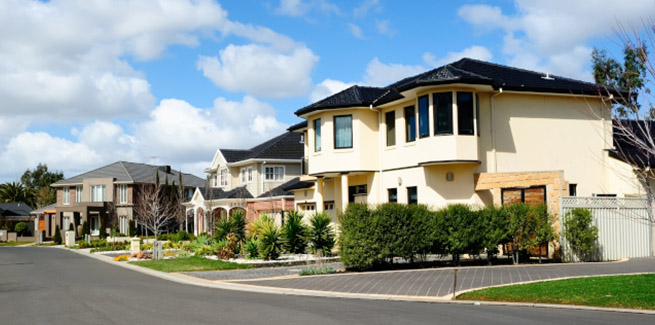Data from the property research group revealed that, since the Victorian government allowed onsite, private inspections to resume on 28 September, the number of new listings (or the unique count of dwellings added to the market for sale), has skyrocketed by around 330 per cent in the four weeks ending 18 October.
New listings volumes rose from 1,606 in the four weeks to 20 September to 6,974 over the period to 18 October despite the extended lockdown.
Total advertised stock on market across Melbourne stood at just over 21,000 properties in the same period.
Noting that new listings in Melbourne are overtaking Sydney as restrictions to curb the second wave of the coronavirus ease across Victoria, Eliza Owen, head of research Australia at CoreLogic, said: “The result is likely due to months of pent-up decisions to sell from vendors, and reflects how the real estate transaction process has remained tied to physical inspections.”
“After months of restrictions, pent-up demand from sellers has accumulated so much that more stock was recently added for sale in Melbourne than any other capital city region.”
The latest data and analysis from CoreLogic have followed previous analysis that pointed to fears that weaker listings would continue to prevail even after the second round of restrictions were eased in Victoria.
Analysing what this surge in new listings volumes in Melbourne could indicate about the state of the housing market, Ms Owen posited that the pandemic could have resulted in “forced” selling due to significant job losses in Victoria, which could have hindered some households from keeping pace with their mortgage repayments.
Ms Owen also highlighted the latest Reserve Bank of Australia Financial Stability Review, which suggested that new listings could rise with more distressed borrowers coming to the market as support mechanisms and mortgage deferrals expire.
“However, CoreLogic data does not point to a significant increase in mortgagee in possession events across Victoria,” Ms Owen said.
On the other hand, Ms Owen said a large increase in stock could indicate a market rebound as vendors sell to meet rising demand. This high buyer demand could offset risk for distressed sales, because the added demand could push up property prices, she said.
CoreLogic analysed the SA3 regions in Melbourne, which the Australian Bureau of Statistics defines as regions by populations of between 30,000 and 130,000, and in major cities with a major transport and commercial hub.
According to the data, new listings rose in 39 out of 40 Melbourne SA3 regions over the past four weeks, while the median increase across these regions was 139.
Ms Owen also assessed the state of the market through listings data by observing how total listings volumes are tracking against new listings.
The data revealed that new listings climbed faster than total listings across Melbourne in the four weeks ending 18 October. New stock added to market increased by around 5,370 properties but the change in total stock was only 4,790.
“This suggests at least some stock on market has been absorbed over the past four weeks,” Ms Owen said.
More positive final auction clearance rates (60.2 per cent in the week ending 18 October), achieved against the highest volumes of auctions seen in two months, alongside lower declines in Melbourne dwelling values, also point to an improvement in market conditions, she added.
“It is clear that even after long, strict restrictions, vendors are keen to sell,” Ms Owen said.
“However, due to the lag between an initial property listing and a sale, it will be a few weeks before we can understand how strong buyer appetite is.”
[Related: Melbourne drags national housing value]
 ;
;
